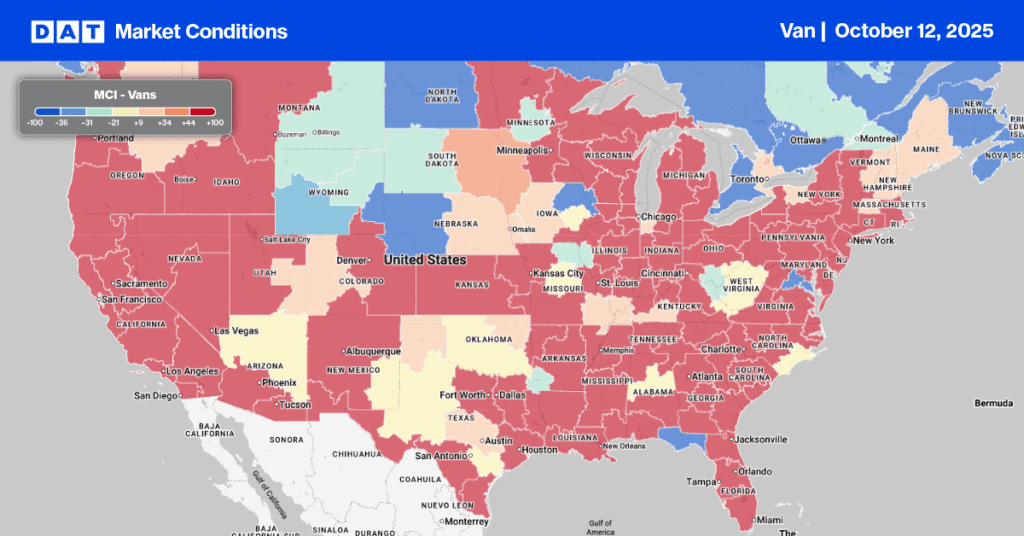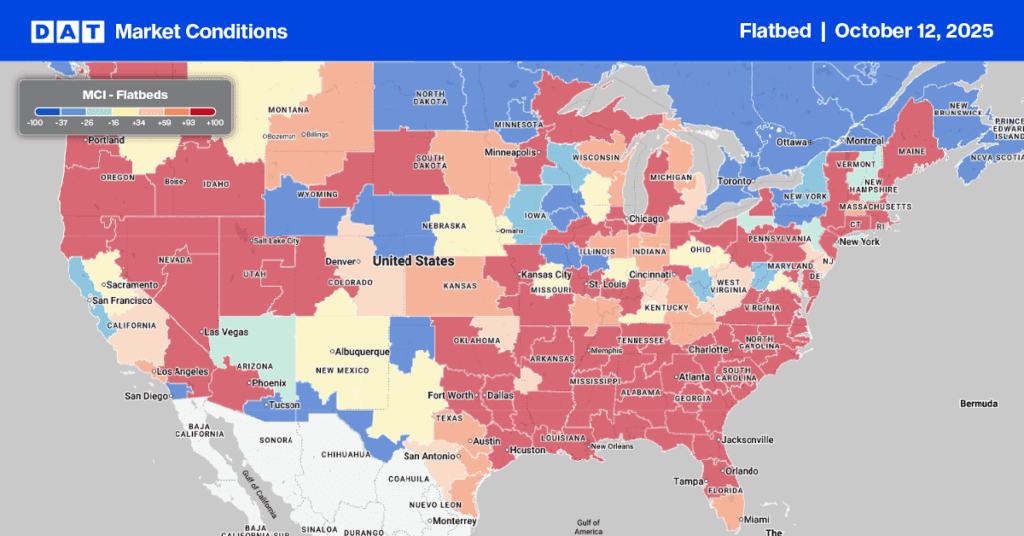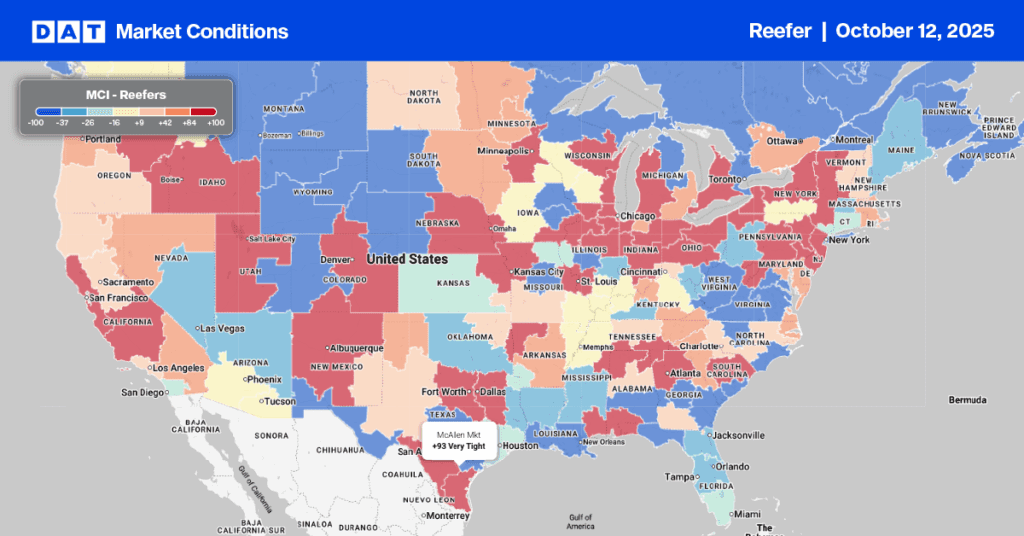Even though the National Ocean and Atmospheric Administration (NOAA) has yet to release its 2024 Hurricane season forecast, both AccuWeather and Colorado State University (CSU) are forecasting a “super-charged hurricane season” in 2024. The Atlantic hurricane season officially starts on June 1 and runs through the end of November.
A super-charged hurricane season could spawn a near-record number of storms in the Atlantic this year, and forecasters may even run out of names for storms amid a frenzy of tropical systems.
AccuWeather Lead Hurricane Forecaster Alex DaSilva states, “The 2024 Atlantic hurricane season is forecast to feature well above the average number of tropical storms, hurricanes, major hurricanes, and direct U.S. impacts.” Accuweather reports the 2023 hurricane season featured 19 named storms but only four direct U.S. impacts. Hurricane Idalia was the storm of the year, which slammed into Florida as a powerful Category 3 hurricane in late August. Tropical Storm Harold drenched southern Texas, and Ophelia landed in North Carolina. Lee also swiped the New England coast as a tropical rainstorm before landfall in Nova Scotia, Canada.
AccuWeather meteorologists forecast 20-25 named storms across the Atlantic basin in 2024, including 8-12 hurricanes, four to seven major hurricanes, and four to six direct U.S. impacts. This is above the 30-year historical average of 14 named storms, seven hurricanes, three major hurricanes, and four direct U.S. impacts. “There is a 10-15% chance of 30 or more named storms this year,” DaSilva said.
The 2024 Atlantic hurricane season could rank as one of the most active in history.
“Sea-surface temperatures are well above historical average across much of the Atlantic basin, especially across the Gulf of Mexico, Caribbean, and the Main Development Region [for hurricanes],” DaSilva explained. The Atlantic water temperatures observed in March were around or even warmer than they were in March ahead of the blockbuster 2005 and 2020 hurricane seasons.
Colorado State University hurricane researchers predict an extremely active Atlantic hurricane season in their initial 2024 forecast. The team cites record warm tropical and eastern subtropical Atlantic sea surface temperatures as a primary factor in predicting 11 hurricanes this year. When waters in the eastern and central tropical and subtropical Atlantic are much warmer than normal in the spring, it tends to force a weaker subtropical high and associated weaker winds blowing across the tropical Atlantic.
These conditions will likely lead to a continuation of well above-average water temperatures in the tropical Atlantic for the peak of the 2024 Atlantic hurricane season.
A warm Atlantic favors an above-average season since a hurricane’s fuel source is warm ocean water. In addition, a warm Atlantic leads to lower atmospheric pressure and a more unstable atmosphere, both of which favor hurricanes.
CSU predicts 23 named storms in 2024
The CSU Tropical Weather and Climate team is predicting 23 named storms during the Atlantic hurricane season. Of those, researchers forecast eleven to become hurricanes and 5 to reach major hurricane strength with sustained winds of 111 miles per hour or greater.
So far, the 2024 hurricane season is exhibiting characteristics similar to 1878, 1926, 1998, 2010, and 2020. “Our analog seasons were all very active Atlantic hurricane seasons,” said Phil Klotzbach, senior research scientist in the Department of Atmospheric Science at CSU and lead author of the report. “This highlights the somewhat lower levels of uncertainty that exist with this outlook relative to our typical early April outlook.”
The CSU team predicts 2024 hurricane activity will be about 170% of the average season from 1991–2020. By comparison, 2023’s hurricane activity was about 120% of the average season.
The Texas coast, Florida Panhandle, South Florida, and the Carolinas are all at a higher-than-average risk of direct impacts this season. Now is the time to begin preparations!


